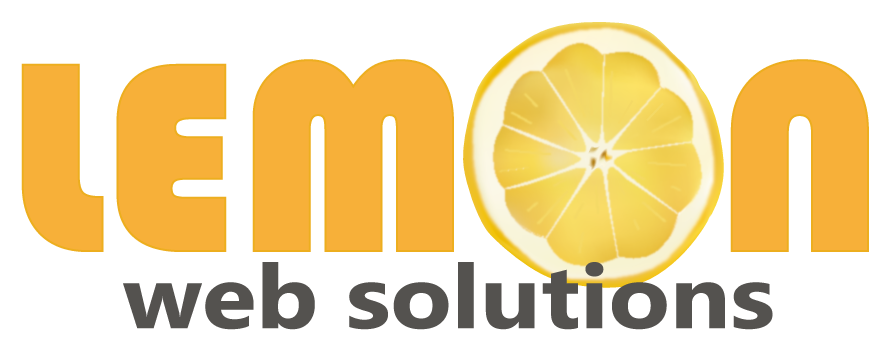So, AI is officially that coworker—you know, the one who makes the slackers look good but somehow messes up the experts. That's the takeaway from a study by Stanford University, where researchers found that while AI can turbocharge the productivity of less experienced employees, it might actually cause seasoned pros to drop the ball.
Published in the Quarterly Journal of Economics by Oxford University Press, the study followed about 5,200 customer service agents at a mysterious (but Fortune 500) company. The results? AI-powered rookies turned into speed demons, handling customer issues like a champ. Meanwhile, the rockstar employees—the ones who usually ace their job—saw a dip in their quality.
Why Does This Happen?
Think of AI like GPS. If you're bad with directions, it's a lifesaver. But if you're a seasoned driver with a built-in mental map, blindly following GPS might lead you straight into a lake. AI helps the newbies get their bearings, but for veterans, it can introduce shortcuts that undermine quality work.
But here's the kicker: Customers seemed less likely to complain when AI was involved. Maybe the bots are just better at sweet-talking people, or maybe customers have finally accepted that arguing with an AI is like trying to reason with a vending machine. Either way, fewer "Can I speak to your manager?" moments is a win, right?
AI: The Job Thief or the Job Creator?
Ever since AI-powered tools like ChatGPT hit the mainstream in late 2022, the debate has been raging: Will AI replace human workers, or just reshape their roles?
Morgan Stanley, in a doom-and-gloom prediction, warned in 2024 that AI-powered robots might push millions of farm and factory workers out of jobs by 2050. Meanwhile, a University of Oxford-led study suggested that, while AI could replace some repetitive writing jobs, it could also create new roles for humans who can work with AI instead of against it.
"Despite fears of mass job losses, this study suggests a more balanced reality," said Maria del Rio-Chanona of University College London. (Translation: AI won't totally steal your job, but you might need to get cozy with it.)
The AI Hallucination Problem
Of course, AI isn't perfect—it has hallucinations. No, it's not tripping on digital mushrooms, but it does sometimes make stuff up with absolute confidence. This is why AI-generated answers can sometimes be wildly incorrect or just straight-up nonsense.
Despite these hiccups, some experts believe AI could surpass human capabilities in most tasks by 2027. Yes, that's just around the corner. Anthropic CEO Dario Amodei made that prediction in January, and within days, a Chinese AI model, DeepSeek R1, entered the scene, allegedly performing at ChatGPT levels—except at a fraction of the cost.
So, Should You Fear AI or Befriend It?
At this point, AI is like an overeager intern. It works fast, sometimes makes mistakes, and may not always understand the full picture. But if used wisely, it can be a powerful assistant rather than a replacement.
For now, if you're an expert in your field, keep your standards high—AI might make you lazier if you lean on it too much. But if you're a newbie? Go ahead, let AI give you that productivity boost. Just, you know… double-check its work.
And hey, at least AI doesn't take coffee breaks.






Comments